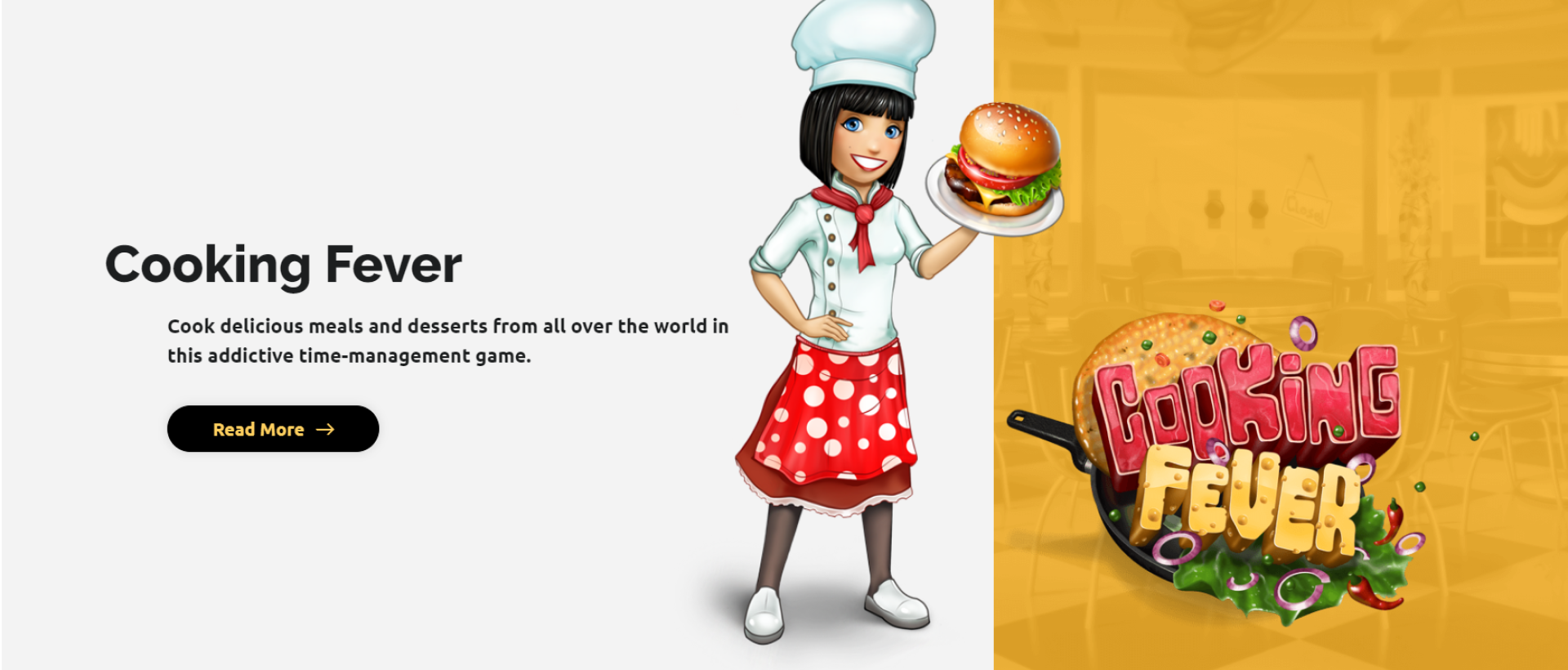

Burning pieces of wood, showing various stages of pyrolysis followed by oxidative combustion. Solid foods may put too much strain on the infant’s digestive system.Not to be confused with Pyrrolysine.


Some good choices for foods are: X Research source

X Trustworthy Source American Academy of Family Physicians Organization devoted to improving the health of patients, families, and communities Go to sourceĪ bland diet includes foods that are soft, not very spicy, and low in fiber to be digested easily. To rehydrate children, offer at least 1 fluid ounce (30 mL) per hour for infants, 2 fluid ounces (59 mL) per hour for toddlers, and 3 fluid ounces (89 mL) per hour for older children.For young children, consider a commercial electrolyte rehydration solution, such as Pedialyte, since these proportions have been specifically designed for children's bodies.X Trustworthy Source Mayo Clinic Educational website from one of the world's leading hospitals Go to source 2–4 litres (8.5–16.9 c) of water is the daily recommendation for the average adult.Dehydration can cause your temperature to rise and often leads to headaches, dizziness, muscle cramps, low blood pressure, and seizures. Your body can quickly lose moisture and get dehydrated by sweating or sneezing caused by illnesses, such as colds and flu, that are often associated with a fever.


 0 kommentar(er)
0 kommentar(er)
